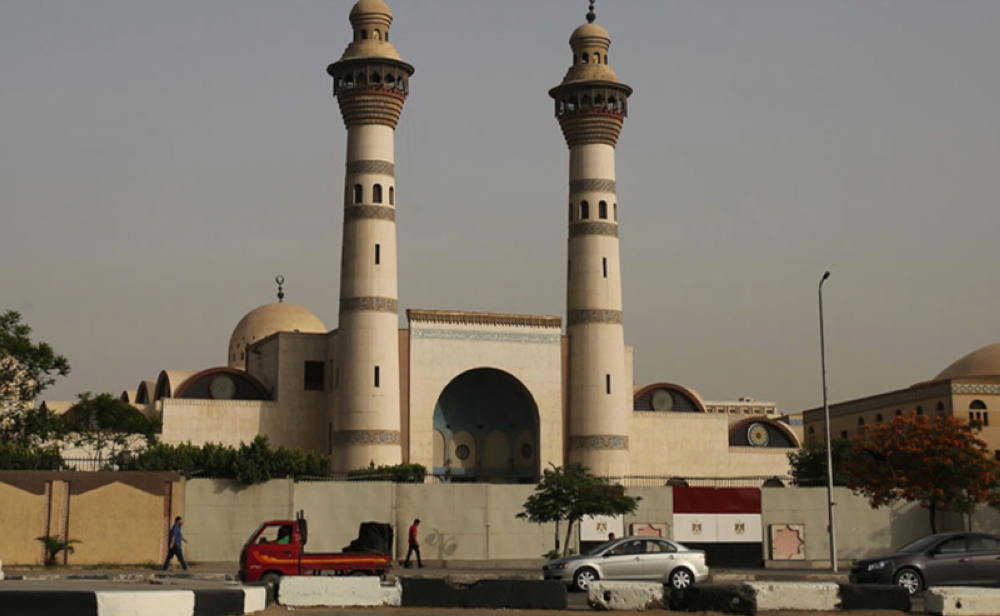MAY 16 — For over a millennium, Al-Azhar University has been a much-respected centre of Islamic learning — one of the best, if not the best.
Founded in Cairo, Egypt in 970 AD and despite not gaining university status until 1961, it is still regarded among the world’s oldest universities.
It was Gamal ‘Abdel Nasser, the second President of Egypt, who instituted changes to al-Azhar, making it a state institution with rights that included the appointment of university leaders such as the Grand Sheikh.
In 1961, Gamal oversaw the promulgation of Law No. 103 (the Law) which established the modern-day Al-Azhar. Under the Law, the university’s president became an appointee of the President upon the nomination of the competent minister and the proposal of the Grand Sheikh Al-Azhar.
Under the Law, new colleges were established for different sciences such as engineering, medicine and other colleges which contributed to the development of Al-Azhar.
Its students, though, must be Muslims. (See Ashraf Mohamed Abdul Rahman, Samah Mahmoud and Abd Elrahim Ahmed, “Al-Azhar University and pre-university Education after Development law in 1961”, (2019) 1 Journal of Modern Research, 44)
That changed in May 2017 when Abanoub Guirguis Naeem, a Christian dental student was granted admission to complete his final year of experiential training at Al-Azhar’s Faculty of Dentistry in Assiut.

According to reports, he graduated from Nahda University in Beni Suef and as a medical school graduate, he was obliged to complete a two-month or one-year residency before being allowed to practise medicine in hospitals.
However, as numerous private universities did not provide their students seats for the residencies needed to complete their medical bachelor, students opted to seek residencies in government-run hospitals, like in Cairo University, Ain Shams University and Al-Azhar University.
The Dean of the Faculty, Khalid Seddiq, was reported to have said that the Faculty received applications for a one-year residency to the Faculty earlier in May, one of which was Abanoub’s.
“I signed and approved his papers, just like the rest of his colleagues. I did not care if he was a Christian or a Muslim. What is really important to me is to know if he is an Egyptian student of good academic standing or not. This is what really matters,” Seddiq said, adding that if he hadn’t it would have been a clear case of discrimination, which is against Al-Azhar’s code of ethics.
The regulations for the Faculty’s experiential training read as follows: “Students of excellence training from all public and private universities in Egypt are to be granted, annually, admission into the Faculty in early May, provided that the Faculty’s eligibility requirements are met. The Faculty is an equal opportunity venue and welcomes all dental training students of excellence to join the cohort of dental students that the Faculty receives every year.”
Abanoub became the first recognised case of a Christian student being enrolled as Al-Azhar accepted its first non-Muslim student in modern times.
* This is the personal opinion of the writer or publication and does not necessarily represent the views of Malay Mail.





















